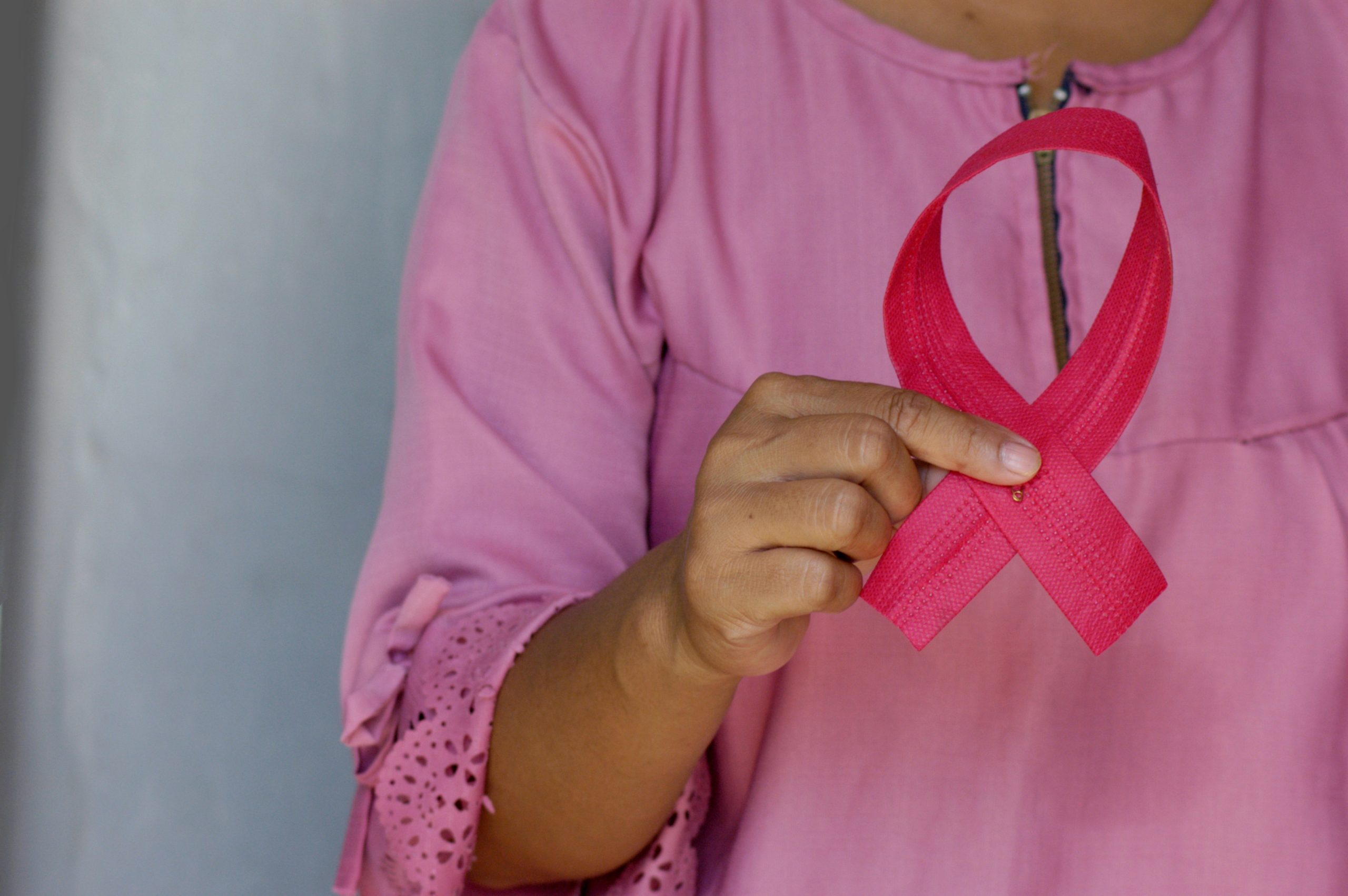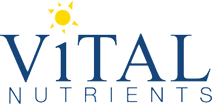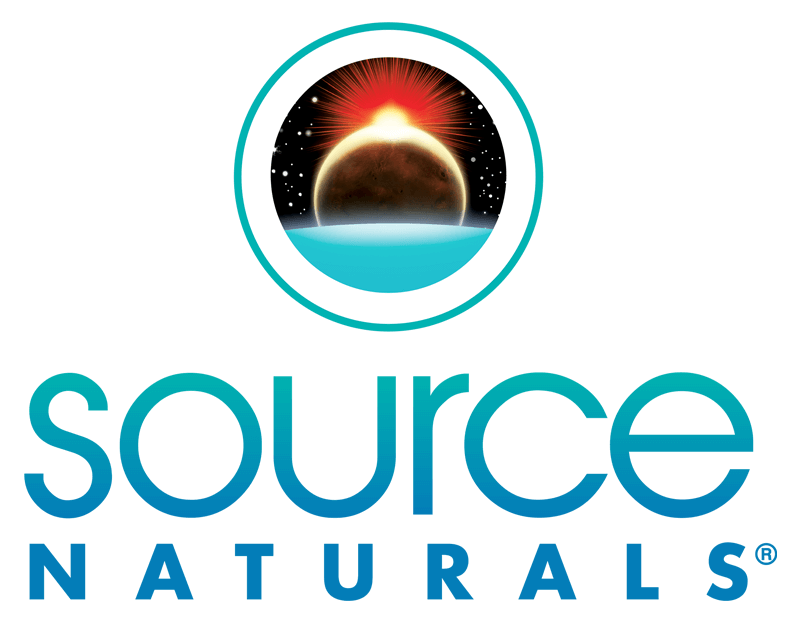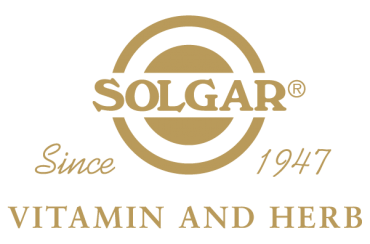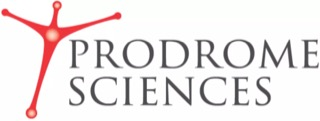Unraveling Breast Cancer
Origins, Growth, and Nutritional Strategies for Support
Breast cancer, a complex and multifaceted disease, originates in the cells of the breast and can manifest in various forms. Understanding how breast cancer starts, grows, and exploring the role of nutrition and supplementation in its management is crucial for a holistic approach to prevention and support. In this comprehensive guide, we delve into the intricacies of breast cancer, shedding light on its origins, growth mechanisms, and exploring the potential impact of nutrition on prevention and support.
Initiation of Breast Cancer: Breast cancer begins when normal cells in the breast undergo genetic mutations that lead to uncontrolled growth. These mutations can occur spontaneously or be influenced by various factors, including genetics, hormonal influences, and environmental exposures.
Genetic Factors:
- Inherited mutations in certain genes, such as BRCA1 and BRCA2, significantly increase the risk of developing breast cancer. However, the majority of breast cancers are not directly linked to inherited genetic mutations.
Hormonal Influences:
- Hormones play a crucial role in breast cancer development. Estrogen, in particular, can stimulate the growth of breast cells, and conditions associated with prolonged estrogen exposure, such as early menstruation or late menopause, may increase the risk.
Environmental Exposures:
- Exposure to certain environmental factors, such as ionizing radiation, may contribute to genetic mutations in breast cells. Additionally, lifestyle factors like alcohol consumption and tobacco use can influence breast cancer risk.
Growth and Progression: Once initiated, breast cancer cells undergo uncontrolled growth and may form a lump or tumor. Breast cancer can be categorized based on its growth characteristics:
In Situ Breast Cancer:
- In situ breast cancer refers to cancer that remains confined to the ducts or lobules of the breast without invading surrounding tissues. Ductal carcinoma in situ (DCIS) and lobular carcinoma in situ (LCIS) are examples.
Invasive Breast Cancer:
- Invasive breast cancer occurs when cancer cells invade surrounding tissues, such as nearby lymph nodes. Invasive ductal carcinoma (IDC) and invasive lobular carcinoma (ILC) are common types.
Metastasis:
- In advanced stages, breast cancer cells may spread to other parts of the body through the bloodstream or lymphatic system, a process known as metastasis. This can lead to the formation of secondary tumors in distant organs.
Nutritional Strategies for Breast Cancer Prevention and Support: While nutrition alone cannot guarantee the prevention of breast cancer, adopting a healthy and balanced diet is a vital component of overall well-being. Certain dietary patterns and specific nutrients have been studied for their potential roles in breast cancer prevention and support.
Plant-Based Diet:
- Embrace a predominantly plant-based diet rich in fruits, vegetables, whole grains, and legumes. Phytonutrients, fiber, and antioxidants found in plant foods may have protective effects against certain cancers.
Cruciferous Vegetables:
- Include cruciferous vegetables like broccoli, cauliflower, Brussels sprouts, and kale in the diet. These vegetables contain compounds, such as sulforaphane, which have shown anti-cancer properties.
Omega-3 Fatty Acids:
- Incorporate sources of omega-3 fatty acids, such as fatty fish (salmon, mackerel), flaxseeds, and walnuts. Omega-3s have anti-inflammatory effects that may contribute to cancer prevention.
Antioxidant-Rich Foods:
- Consume a variety of antioxidant-rich foods, including berries, citrus fruits, and green tea. Antioxidants help neutralize free radicals, which can damage DNA and contribute to cancer development.
Limit Alcohol Consumption:
- Limit alcohol intake, as excessive alcohol consumption has been linked to an increased risk of breast cancer. If alcohol is consumed, it’s advisable to do so in moderation.
Maintain a Healthy Weight:
- Aim for and maintain a healthy weight through a combination of a balanced diet and regular physical activity. Obesity is associated with an elevated risk of postmenopausal breast cancer.
Supplementation Considerations: While obtaining nutrients from a well-rounded diet is ideal, certain supplements may be considered under the guidance of healthcare professionals for breast cancer prevention and support.
Vitamin D:
- Adequate vitamin D levels have been associated with a reduced risk of certain cancers, including breast cancer. Sun exposure, dietary sources, or supplements can contribute to vitamin D levels.
Calcium:
- Calcium plays a role in overall bone health and may have a protective effect against breast cancer. Dietary sources and supplements can contribute to calcium intake.
Omega-3 Supplements:
- Omega-3 supplements, such as fish oil or algae-derived supplements, may be considered for their anti-inflammatory properties.
Vitamin E:
- Vitamin E is an antioxidant that may play a role in protecting cells from damage. Dietary sources and supplements can contribute to vitamin E intake.
Lifestyle Factors and Breast Health: Beyond nutrition, lifestyle choices play a pivotal role in breast cancer prevention and support.
Regular Physical Activity:
- Engage in regular physical activity, as exercise has been associated with a reduced risk of breast cancer and supports overall health.
Breastfeeding:
- For mothers, breastfeeding has been linked to a decreased risk of breast cancer. Whenever possible, consider breastfeeding as part of infant care.
Regular Breast Exams and Screenings:
- Routine breast self-exams, clinical breast exams, and mammograms are essential for early detection and timely intervention.
Professional Guidance and Early Detection: While nutrition and lifestyle choices are valuable components of breast cancer prevention, regular medical check-ups, screenings, and professional guidance are indispensable for early detection and effective management. Women are encouraged to be proactive about their breast health and seek medical advice if any concerns arise.
Conclusion: Breast cancer is a complex and multifactorial disease, with its origins influenced by a combination of genetic, hormonal, and environmental factors. Understanding the growth mechanisms and exploring the potential impact of nutrition on prevention and support is crucial for a comprehensive approach to breast health. While nutrition alone cannot guarantee prevention, adopting a plant-based diet, incorporating specific nutrients, and considering supplements under professional guidance contribute to overall well-being. Lifestyle factors, regular screenings, and early detection play pivotal roles in managing breast health effectively. As research continues, staying informed and proactive about breast health remains essential for women’s overall well-being and the ongoing quest to reduce the impact of breast cancer on individuals and communities worldwide.
We hope you found the information provided by Thera-Mineral valuable and insightful. At Thera-Mineral, we are dedicated to offering high-quality supplements to support your health and well-being.
If you have any further questions, need additional information, or would like to explore our range of supplements, please don’t hesitate to reach out. You can contact us at our office located at 25216 Grogan’s Park Dr. Suite A, The Woodlands, TX 77380. Our friendly team is ready to assist you by phone at 855-472-2569 or via email at support@theramineral.com.
For your convenience, most supplements are available on our website, theramineral.com. However, if you don’t find a specific product on the site, our dedicated staff can help you place an order, and we’ll ensure it’s delivered to your place of choice.
We appreciate your trust in Thera-Mineral, and we look forward to being a reliable partner on your journey to optimal health. Thank you again for being part of our community!


